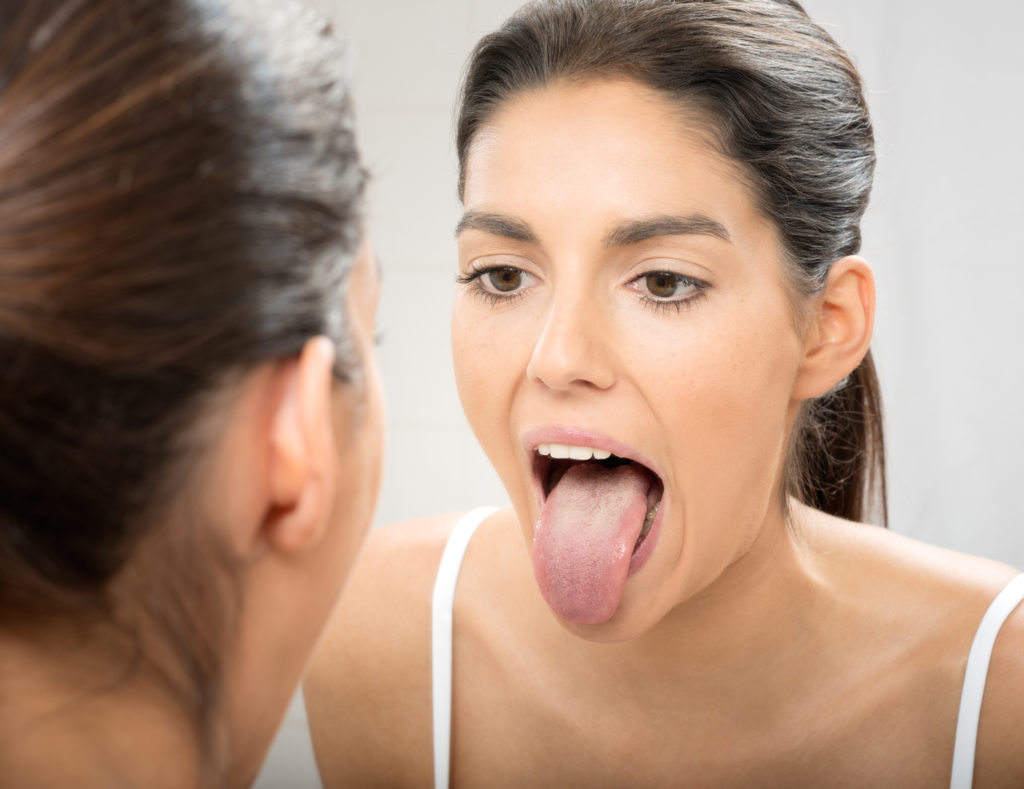A visit to the dentist in Melbourne is so much more than whitening your teeth. Oral health affects our ability to speak, eat, smile and express emotions. It also affects our social lives, self-esteem, performance and attendance at work and/or school.
That’s why regular dental check ups are vital for not only oral health, but to support an overall happy and healthy life.
For a successful dental checkup that’ll leave you (and your dentist) smiling, here are 10 things your dentist wishes you knew about your teeth.
1. The Mouth is Home to More Than 700 Types of Bacteria
While most people have anywhere from 34 to 72 different varieties of bacteria living inside their mouth at any given time, research has detected more than 700 types of bacteria known to live inside the human mouth.
Most of these types of bacteria do no harm to our oral health, whilst some are even beneficial by protecting teeth and gums as well as helping aid digestion.
Some bad bacteria, however, can cause tooth decay and gum disease.
The good news is, controlling the bacteria in your mouth is simple with regular flossing and brushing. Diet also plays a key role in promoting certain bacteria; so to avoid the bad bacteria, steer clear of excess sugar and starchy foods.
2. If Your Gum is Bleeding, See Your Dentist ASAP
Bleeding to the teeth or gums after brushing or flossing is a sign of a low-grade infection. You can help strengthen the gum tissue by gently cleaning the affected area multiple times a day. However, if the bleeding continues, book an appointment with your dentist before the infection escalates into something worse.
3. You Can Brush Your Teeth Too Hard
If you think you’re doing your teeth a favour by vigorously brushing off residue, think again. Applying too much pressure, or using a firm toothbrush, can do more harm than good. When we brush too hard, we are at risk of stripping the top layer of the gum. Removing this protective layer exposes the teeth to sugars and harmful bacteria, and makes your teeth more vulnerable to tooth decay.

4. There is a Time Limit On How Long You Should Brush Your Teeth For
The magic brushing number is 2-3 minutes. Anything over that, and we can start to wear down the tooth enamel, weakening our teeth and leaving them more prone to decay.
An effective way to stick within the 2-3 minutes is by setting a timer. Place a 2-minute egg timer in the bathroom or use a stopwatch app on your phone or tablet.
5. There is a Wrong Way To Floss
A common mistake people make when flossing is by snapping or forcing the dental floss up between the teeth. This can harm the gums by cutting or brushing the delicate tissue.
The proper way to floss is by gently curving the dental floss around the base of each tooth. Slide it against the side of the tooth, beneath the gum line, and back up again. Do this everyday to protect your gums from disease.
6. Tooth Decay is Very Common in Children
The enamel on baby teeth is much thinner and softer, making children at greater risk of tooth decay than adults.
Popular food and drinks for children are generally loaded with sugar – soft drink, fruit juice, snack bars etc. – which is another reason why more and more children are experiencing tooth decay.
The best way to prevent your child’s teeth is by implementing proper oral health routines as well as ensuring your child eats a well balanced diet. Don’t forget to book your child in to see the dentist every six months!

7. Your Toothbrush Has an Expiry Date
Toothbrushes harbour bacteria. Be sure to get a new toothbrush approximately every 12 weeks. But don’t just stick to the 12 week rule, if you notice your brush is getting smelly or looks worn, update your brush immediately.
8. Your Diet Has a Big Impact on Your Smile
Sugar isn’t the only culprit towards tooth decay and gum disease, some surprisingly 'healthy' foods can also be harmful to our teeth such as lemons, pickles and grapefruit. Why? These foods are highly acidic, which overtime can eat away at the tooth enamel causing decay.
On the other hand, some teeth-loving foods to incorporate into your diet include cheese, apples and leafy greens.
9. Poor Oral Hygiene Can Be Detrimental to Your Overall Health
An unhealthy mouth has been linked to a number of diseases such as diabetes, stroke, cardiovascular disease, dementia and more.
Put simply, the mouth is the entry point to your body. Germs and bad bacteria built up inside our mouth due to poor oral hygiene can travel through the bloodstream and into our bodies, causing all kinds of stress on our health.
That’s why it’s so important to incorporate daily oral hygiene routines, not only for your oral health, but your overall health and wellbeing.
10. You Should See Your Dentist Every Six Months
Two dental checkups a year are recommended to maintain good oral health, according to The Australian Dental Association guidelines.
Prevention is the best cure, and when it comes to oral health, regular dental checkups allows your dentist to maintain a clean and healthy mouth, as well as detect early signs of disease.

Here at Mulgrave Dental Group, we are dedicated to delivering quality care as well as developing relationships with each and every patient. We also offer sleep dentistry in Melbourne if you have any fears or reservations.
We believe dentistry is so much more than a white smile. Book an appointment online with us today or call (03) 9562 5156.
Smile Makeover Client
Your Healthier Smile Awaits
Whether you're looking to improve your dental health or enhance your smile, we're here to help. Book an appointment with Mulgrave Dental Group today!
Book Now


.jpg?width=1023&quality=low)